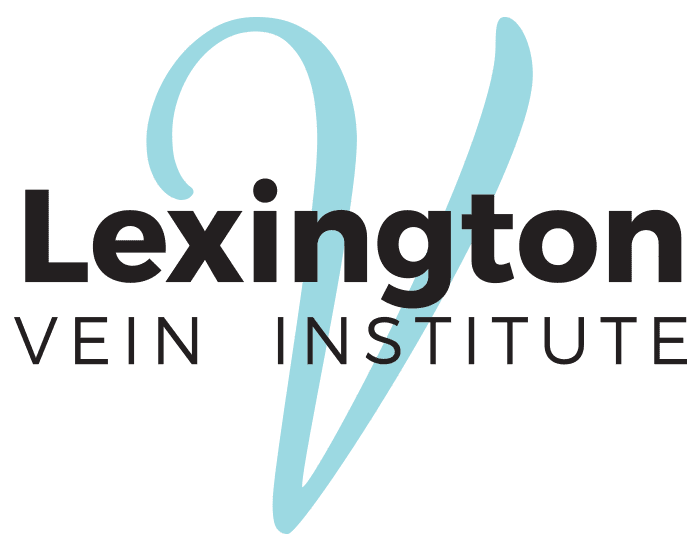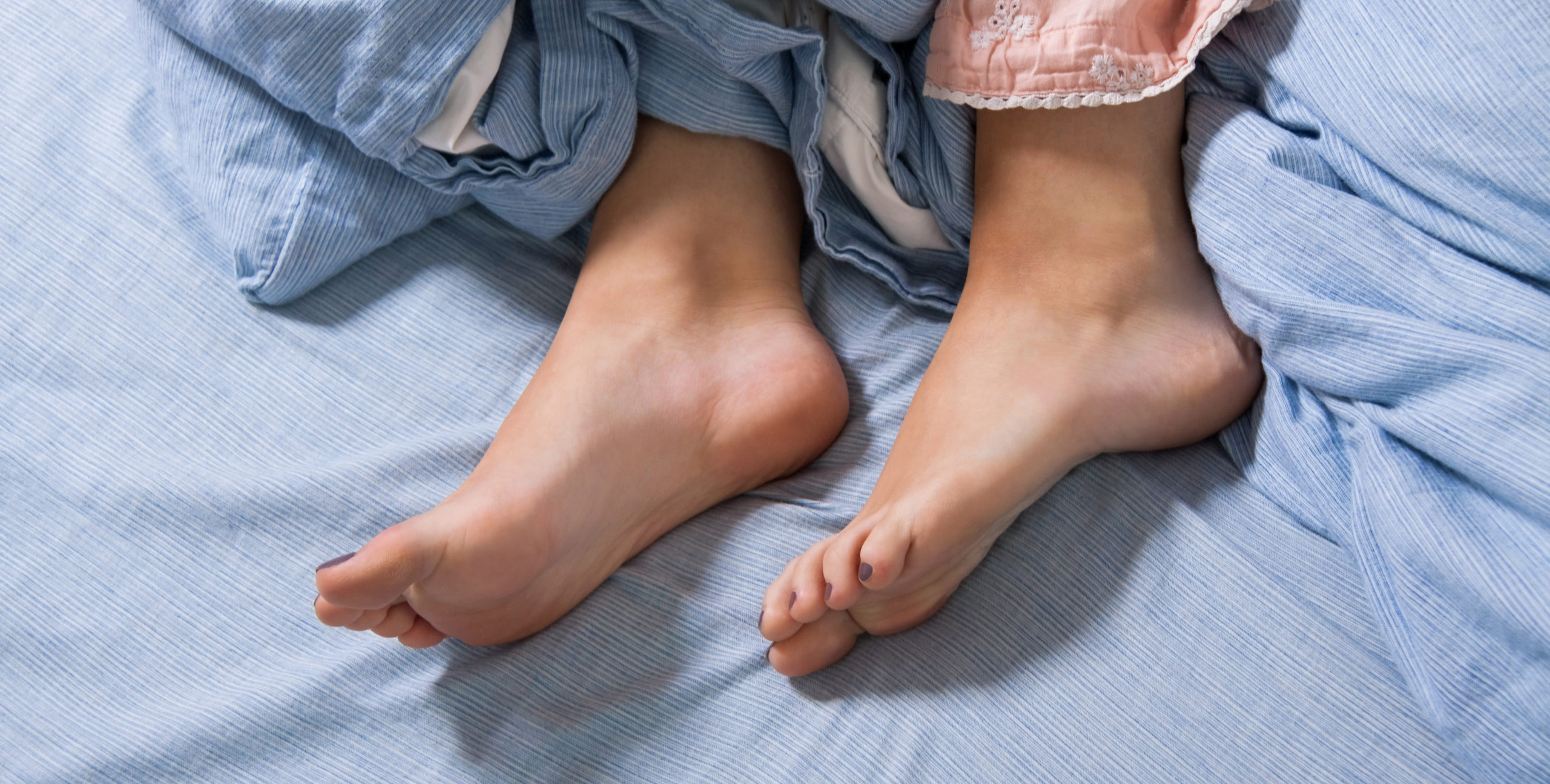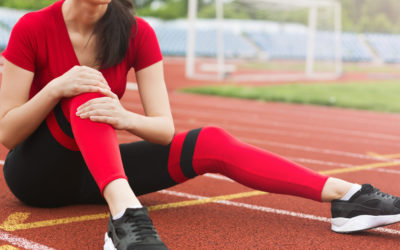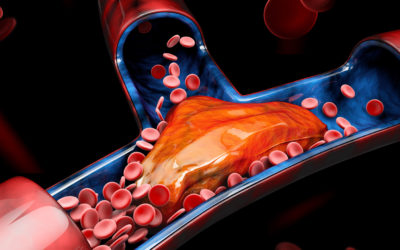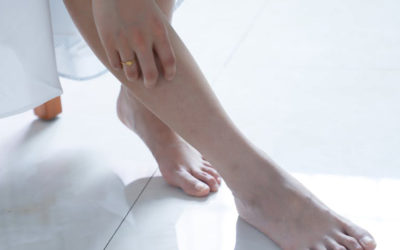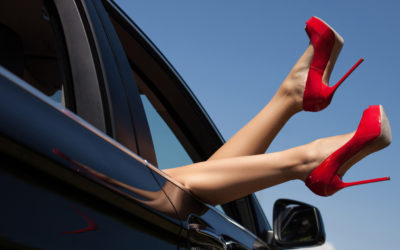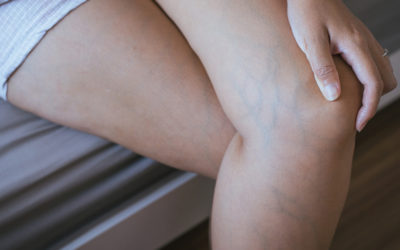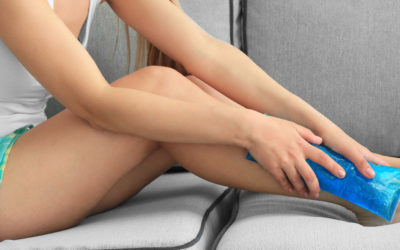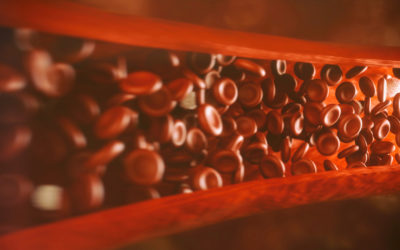Restless legs syndrome (RLS) is a condition that causes an uncontrollable urge to move your legs, usually because of an uncomfortable sensation. It typically happens in the evening or nighttime hours when you’re sitting or lying down. Moving eases, the unpleasant feeling temporarily. Restless legs syndrome, also known as Willis-Ekbom disease, can begin at any age and generally worsens as you age. It can disrupt sleep, which interferes with daily activities.
What are the symptoms?
- Sensations that begin after rest. The sensation typically begins after you’ve been lying down or sitting for an extended time, such as in a car, airplane, or movie theater.
- Relief with movement. The sensation of RLS lessens with movement, such as stretching, jiggling your legs, pacing, or walking.
- Worsening of symptoms in the evening. Symptoms occur mainly at night.
- Nighttime leg twitching. RLS may be associated with another, a more common condition called periodic limb movement of sleep, which causes your legs to twitch and kick, possibly throughout the night, while you sleep.
- Sometimes the sensations are difficult to explain. People with RLS usually don’t describe the condition as a muscle cramp or numbness. They do, however, consistently describe the desire to move their legs. It’s common for symptoms to fluctuate in severity. Sometimes, symptoms disappear for periods of time, then come back.
What are the causes?
Heredity
Sometimes RLS runs in families, especially if the condition starts before age 40. Researchers have identified sites on the chromosomes where genes for RLS may be present.
Pregnancy
Pregnancy or hormonal changes may temporarily worsen RLS signs and symptoms. Some women get RLS for the first-time during pregnancy, especially during their last trimester. However, symptoms usually disappear after delivery.
Suffering from restless leg syndrome in Lexington, KY?
If you feel an overwhelming urge to move your legs when you’re resting, contact Dr. Bacha who is a restless leg syndrome specialist in Lexington, Kentucky to take the next step towards relief. Practicing phlebology “Vein Disease” since 2007, Fadi Bacha, MD is a board-certified in Internal Medicine by the ABIM, diplomat by the American Board of Vein and Lymphatic, board-certified in Anti-Aging Medicine by the American Academy of Anti-Aging Medicine A4M, Registered Physician Vascular interpreter by APCA, who has been treating men and women with varicose and spider veins problems using the latest and most advance technology that include Sclerotherapy, Endovenous Laser Ablation, Varithena, and Ambulatory Phlebectomy. Dr. Bacha also treats a variety of venous disease complications such as Edema, Restless Legs Syndrome, Venous insufficiency Ulcers, and Deep Vein Thrombosis.
